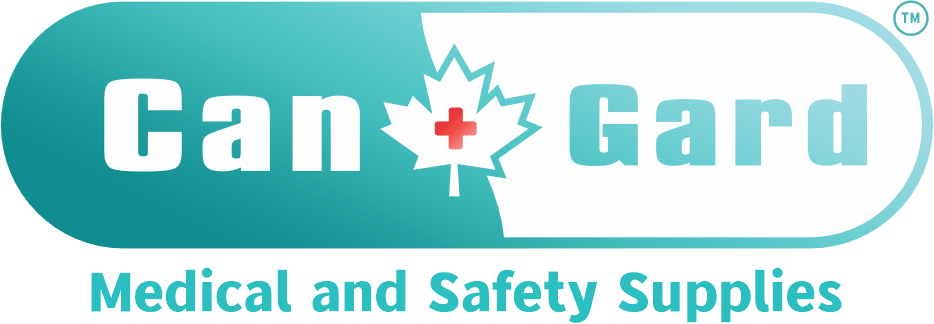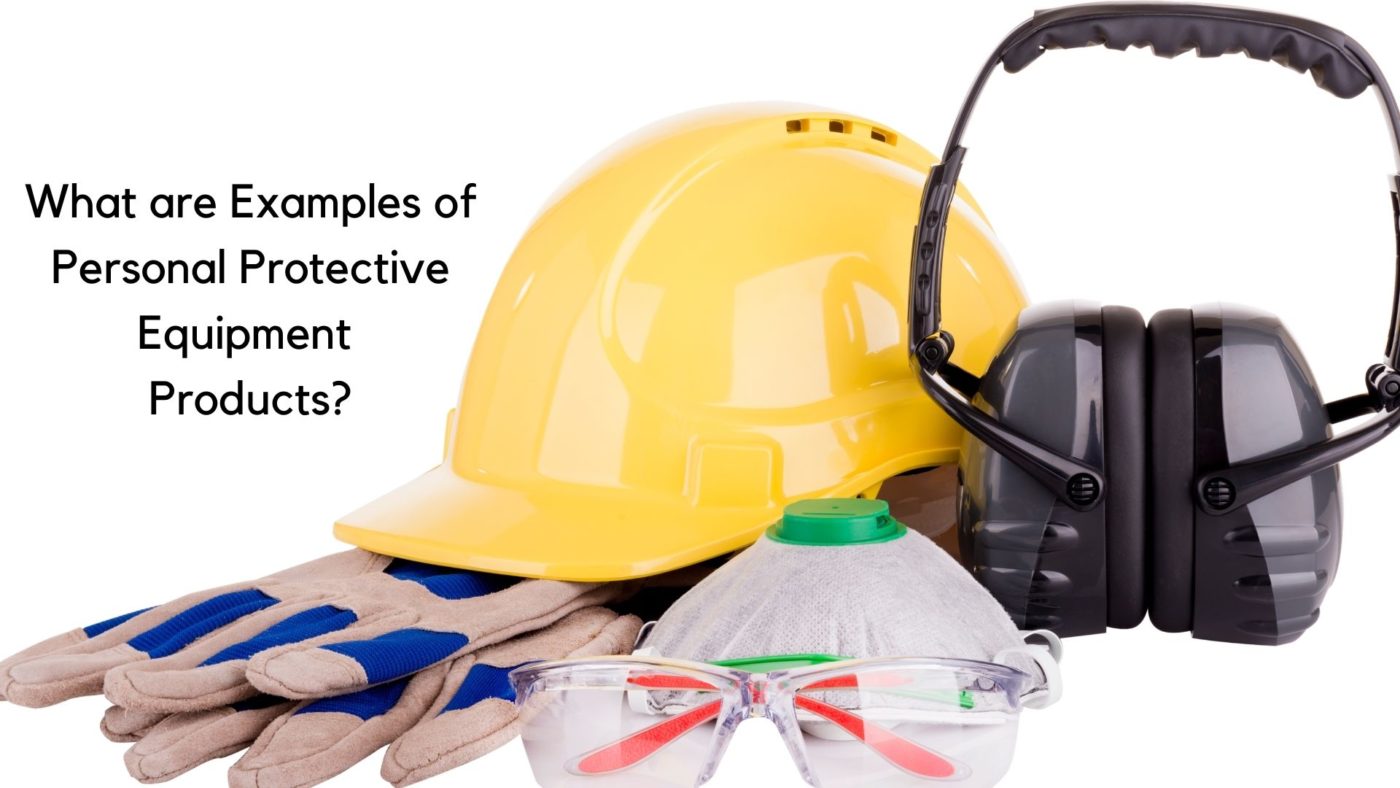No products in the cart.
First Aid/PPE
What are Examples of Personal Protective Equipment Products? 5 Main Types
When you think of personal protective equipment, you probably think of the basics- face mask, gloves, safety goggles. But there are many different types of personal protective equipment that may be necessary for different situations. The personal protective equipment worn by a medical doctor is different from a construction worker’s equipment. Regardless of what you’re using it for, PPE is essential to ensure you and your coworkers stay safe.
1. Respiratory Protection
With the coronavirus pandemic still in full swing, respiratory protection may be the first thing you think of when you think about PPE. Face masks have become mandatory in most public settings, and most people have a variety of cloth face coverings or a box of surgical masks at home.
Masks like these, especially surgical masks, are effective at stopping the spread of airborne pathogens but fall short when it comes to filtering out other types of debris.
Respirators like an N95, KN95, or reusable respirators are designed to filter out other things, like sawdust or harmful gases, in addition to small particles like airborne pathogens. There is a wide variety of these products available at CanGardCare.com, from basic N95 respirators to much more complex, comprehensive full-face respirators.
2. Eye, Face, and Head Protection
If you’re working in construction, manufacturing, or any other field involving proximity to big machinery, head protection is necessary. This is usually provided in the form of a plastic helmet, referred to as a hardhat, which protects your head from being impacted by this machinery. The 3M Vented Hard hat is an excellent option since it is affordable, comfortable, and, most of all, safe.
Eye protection requirements tend to vary depending on what you are doing. Safety glasses are the most basic form of eye protection and are used in settings from the construction site to the science lab.
Basic safety glasses work well for stopping medium to large-sized debris from flying into your eyes.
There are some forms of eye protection that are much more specialized and necessary in some situations. Safety goggles are typical in lab settings since they wrap around your eyes much more than safety glasses. This provides more protection from smaller particles and liquids that could splash up and cause damage to your eyes.
If you’re welding, having welding-specific safety goggles is incredibly important.
These not only wrap around your eyes as regular safety goggles do, but they are also tinted to block the dangerous amount of light that is emitted from welding machines.
Face shields are another way to protect your eyes and face and sometimes provide similar benefits to a mask. As long as the face shield covers your entire mouth, and most do, they can help block the water particles you breathe out. These particles are what viruses and other pathogens often hitch a ride on in order to leave your body to infect someone else. These are usually worn along with a mask to provide a double layer of protection against viruses.
Obviously, face shields also offer eye protection similar to that provided by goggles.
Since they are usually not closed at the bottom, it is possible for liquids to splash up under a face shield. Still, they are incredibly safe if you will be working with chemicals, liquids, or other substances that will not have a chance to splash up from underneath.
3. Hearing Protection
Ear protection is required when working in any noisy setting. Earplugs can be a good option since they are small, light, and block noise extremely well. These are used on many job sites and are adequate for most situations.
The problem with earplugs is that they can be finicky, and you need a new pair at least every day, if not more. If you want a solution with a bit more protection for your outer ear, and you want to cut down on how many of those earplugs you’re throwing out every day, earmuffs can be a great option. They are a bit beefier, but they provide excellent hearing protection compared to a foam earplug.
4. Body Protection
Body protection is critical in several settings. On construction sights or when working with heavy machinery, reflective clothing is essential. This keeps you visible to other people, whether it be cars, forklift operators, or airplane pilots. Depending on the situation, a high-visibility vest may be sufficient. But if you know you’ll be working outside in all weather conditions, something like the RZ1000 Rain Suit is a much better option. It is a full-body, high-visibility, waterproof suit.
In some laboratory or medical settings, gowns or coveralls are required. Gowns can be used to protect your clothing from chemical splashes or bodily fluids, though they do not cover your entire body and are not ideal in some situations. Coveralls, as their name suggests, cover your entire body other than your face and hands. These can be used when working closely with dangerous substances that could splash onto your body.
The last type of body protection is the most specialized, but it is incredibly important if you work in some fields. Harnesses and fall protection lanyards are necessary if you are working high on buildings or other construction sights. These make sure that if you slip, you won’t go plummeting to your death.
5. Hand and Foot Protection
Different types of gloves are designed for different situations. Nitrile or vinyl gloves are used in many settings, but thicker gloves are necessary for other activities. You can find gloves that are flame-resistant, cut-resistant, and chemical resistant, depending on your needs.
Light shoe coverings can be used in places where the splashing of harmful liquids onto the clothing is a concern. Beyond that, non-slip shoes are required in some settings, as are steel-toed boots. The hard surface provides immense protection from any kind of impact.
Get the PPE You Need Today
At CanGard Medical and Safety Supplies, we have the PPE you and your workers need for the whole body. Shop today.

